by Donna Klein
Charles Dickens, the Victorian Era, and Today’s Christmas Traditions
An annual holiday tradition in my house is watching “A Christmas Carol,” based on the novella by Charles Dickens. It got me thinking, ‘what was Christmas really like in Dickens’ day, and what is his influence on how we celebrate the holiday today?’
Today’s Christmas traditions are steeped in the Victorian era, which was primed for waxing nostalgic. Prince Albert brought the decorated evergreen out of Germany and into homes in England. He didn’t do this to create a new universal tradition, but to bring a bit of his childhood with him to share with his family.
Charles Dickens always held Christmas in high regard, not only as a holy day, but also as a holiday. Many of the Olde English Christmas customs are seen in his writings involving the holiday, but they were not readily a part of the customs of the time. Until the late 1700s, Christmas was a 12-day celebration, but by the first quarter of the 19th century, the changes brought about by the Industrial Revolution had reduced the holiday to one day. The old ceremonies and festivities were obsolete in the days of shifting populations to urban areas where work could be found. Families were fractured and so were the customs. There was little merriment and almost no singing of Christmas Carols.
By the time 1843 arrived, Dickens and his wife already had four children and by summer were awaiting the birth of their fifth. Much like Bob Crachit, Dickens found it difficult to provide for his growing family. He needed a story that would really strike a chord in the hearts of his readers and help him reach new ones.
He drew upon his own family memories and stories when writing the story. His father, John Dickens, enjoyed celebrating the season much in the way Mr. and Mrs. Fezziwig did with their apprentices and employees. His family also experienced extreme poverty, which saw Dickens join the workforce by age 12 and much of his family in debtors’ prison.
This all played a part in the creation of one of his most enduring stories, “A Christmas Carol.” By the time he penned the novella, he was waxing nostalgic, as was much of the country, wondering what happened to the old celebrations. He described how he “wept and laughed, and wept again” during the process of writing the story. He “walked about the black streets of London, fifteen or twenty miles many a night when all sober folks had gone to bed” as he mulled his characters and how they told the story he wanted to tell.
Christmas was always a family-centric rather than a commercial holiday for Dickens. He felt that children and charity should be the focus of the holiday and brought this to his writing. Despite his financial situation and much to the dismay of his publisher (with whom he had a dispute), he paid for publication of “A Christmas Carol” out of his own pocket and lowered the price to only five shillings as a way to keep his work more affordable. Although the book didn’t ring in a lot of profits, it was an immediate success and became the first in a series of Christmas-themed books that would be published each December through 1848. After that, he continued to write annual short stories.
He also brought this same focus to his family. Christmas celebrations in the Dickens’ household were much like those at Fezziwig’s. There was much merriment, food and drink, dancing, games, and spending time together with loved ones and friends. There was remembering of those less fortunate and helping through charitable contributions. When his children were young, he’d take them to a favorite toy shop every Christmas Eve to pick out a gift.
So much has Charles Dickens played into our Christmas traditions, that when he died, a young girl reportedly remarked, “Mr. Dickens dead? Then will father Christmas die, too?” Certainly not! And, thanks to Charles Dickens, the traditions of family and charitable giving are still alive and well today.
Sources
http://www.victorianweb.org/authors/dickens/xmas/pva63.html
http://charlesdickenspage.com/christmas.html

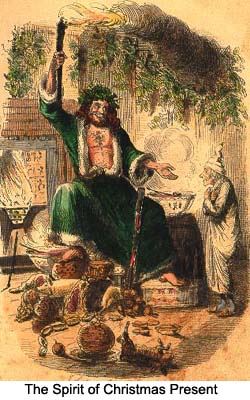
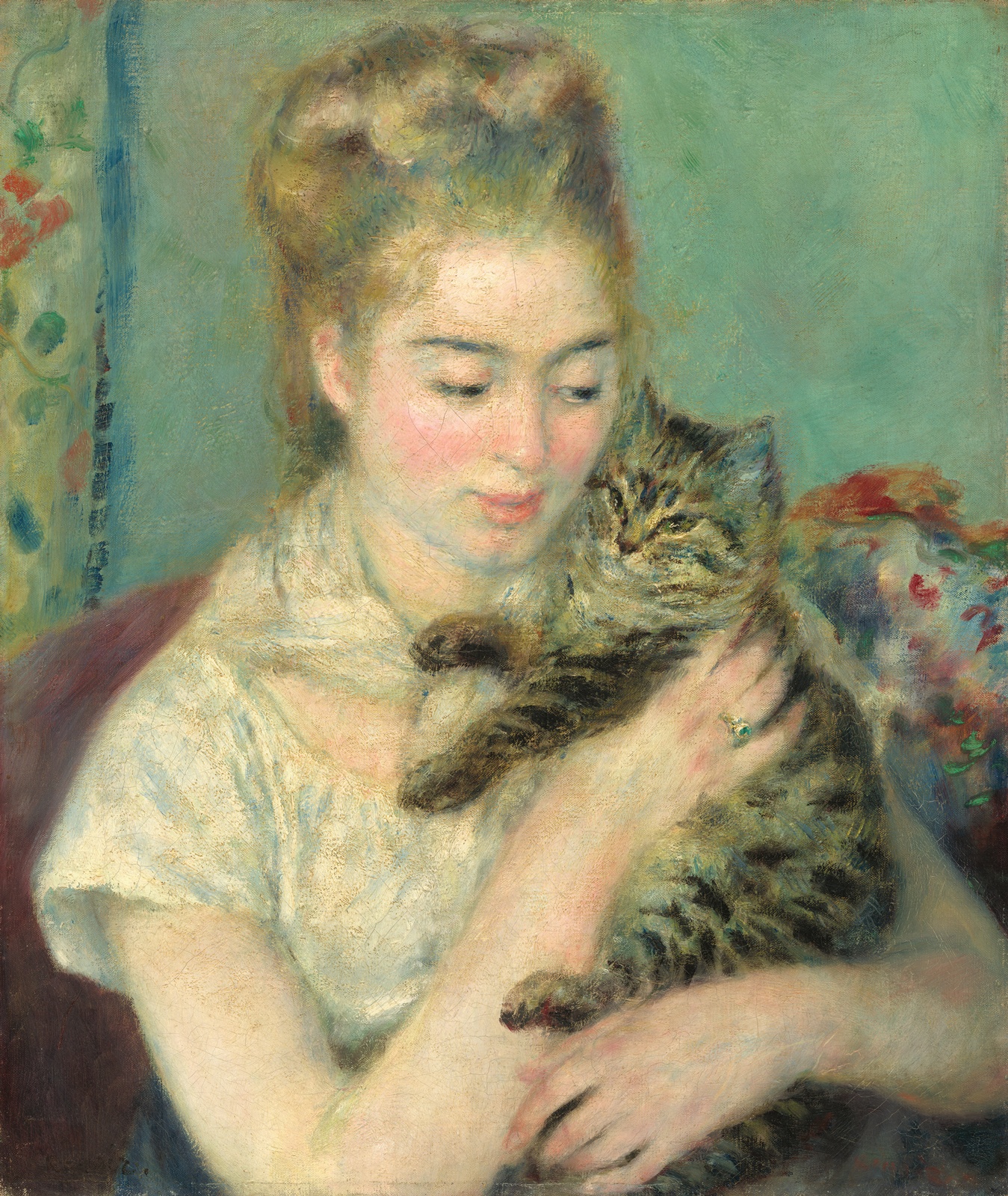
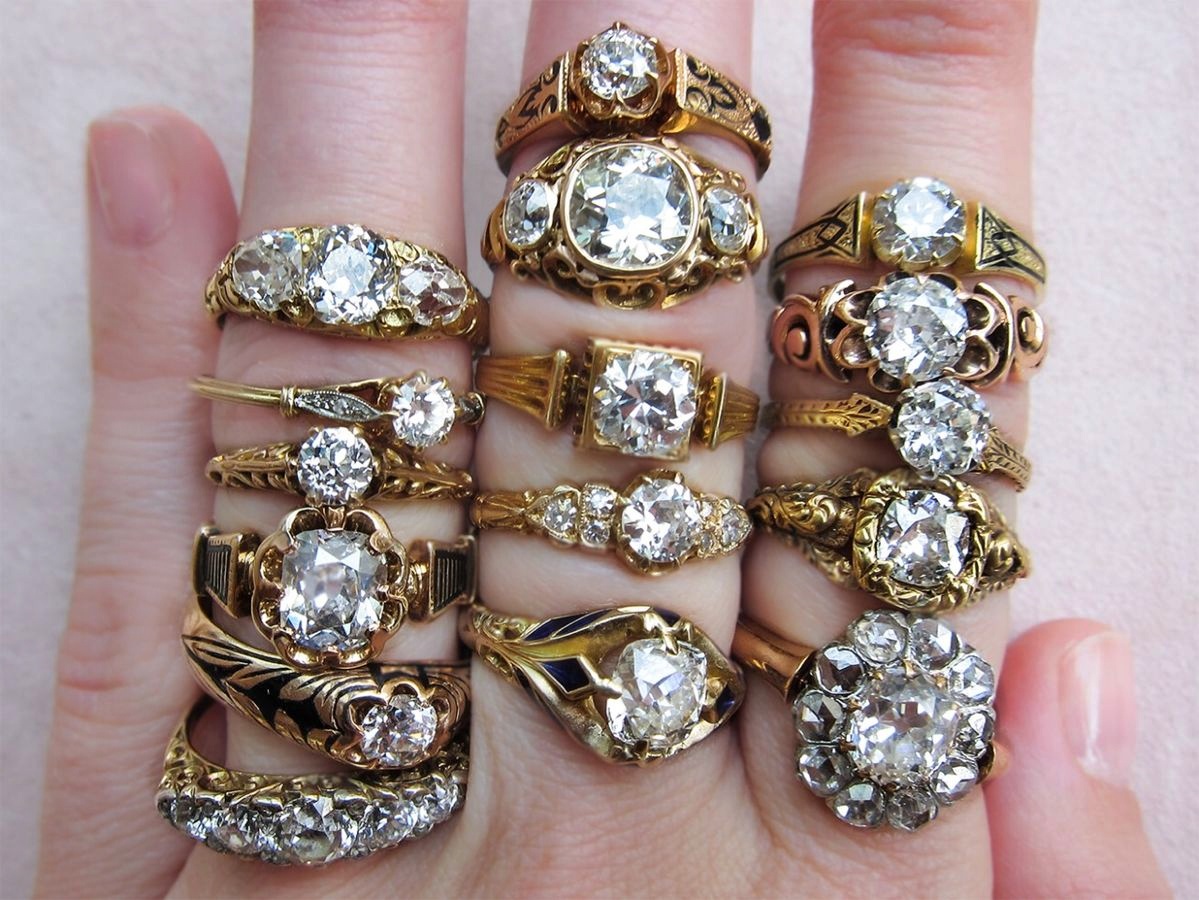
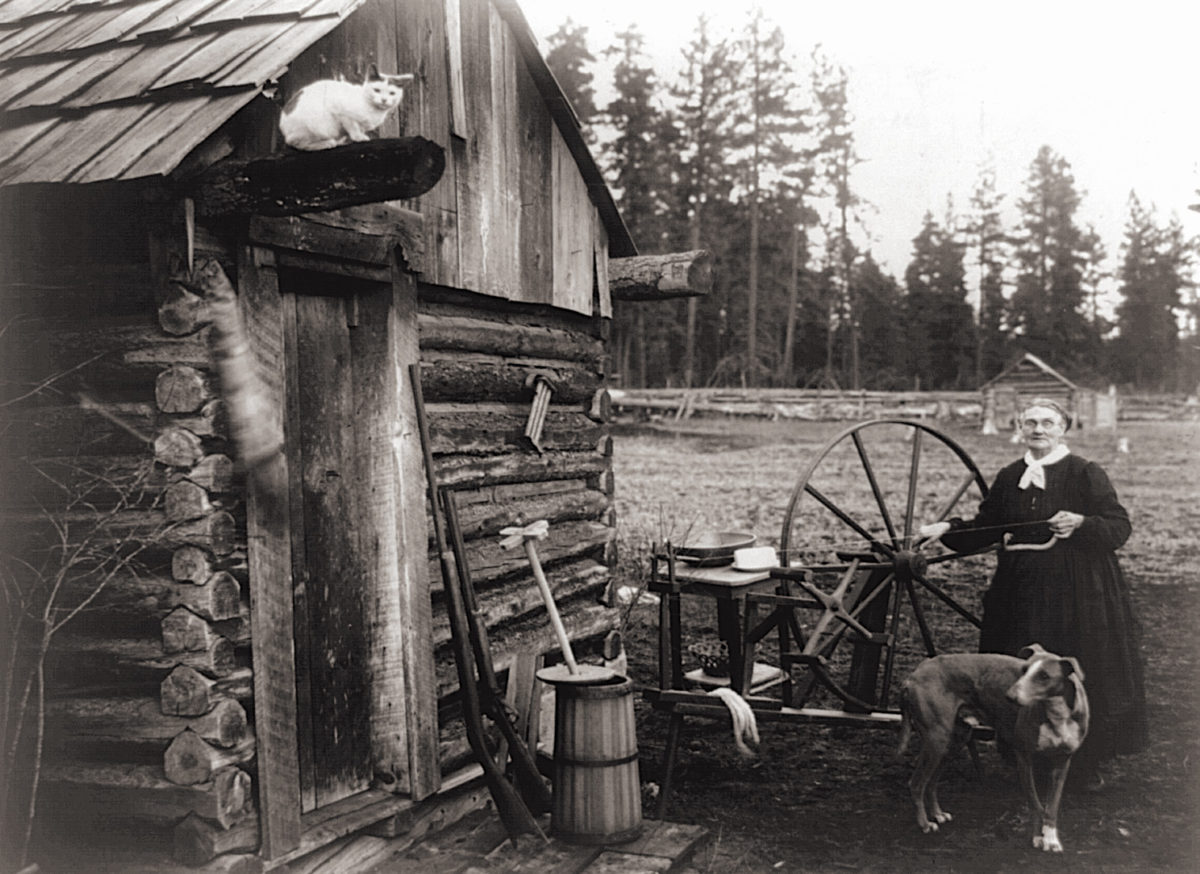
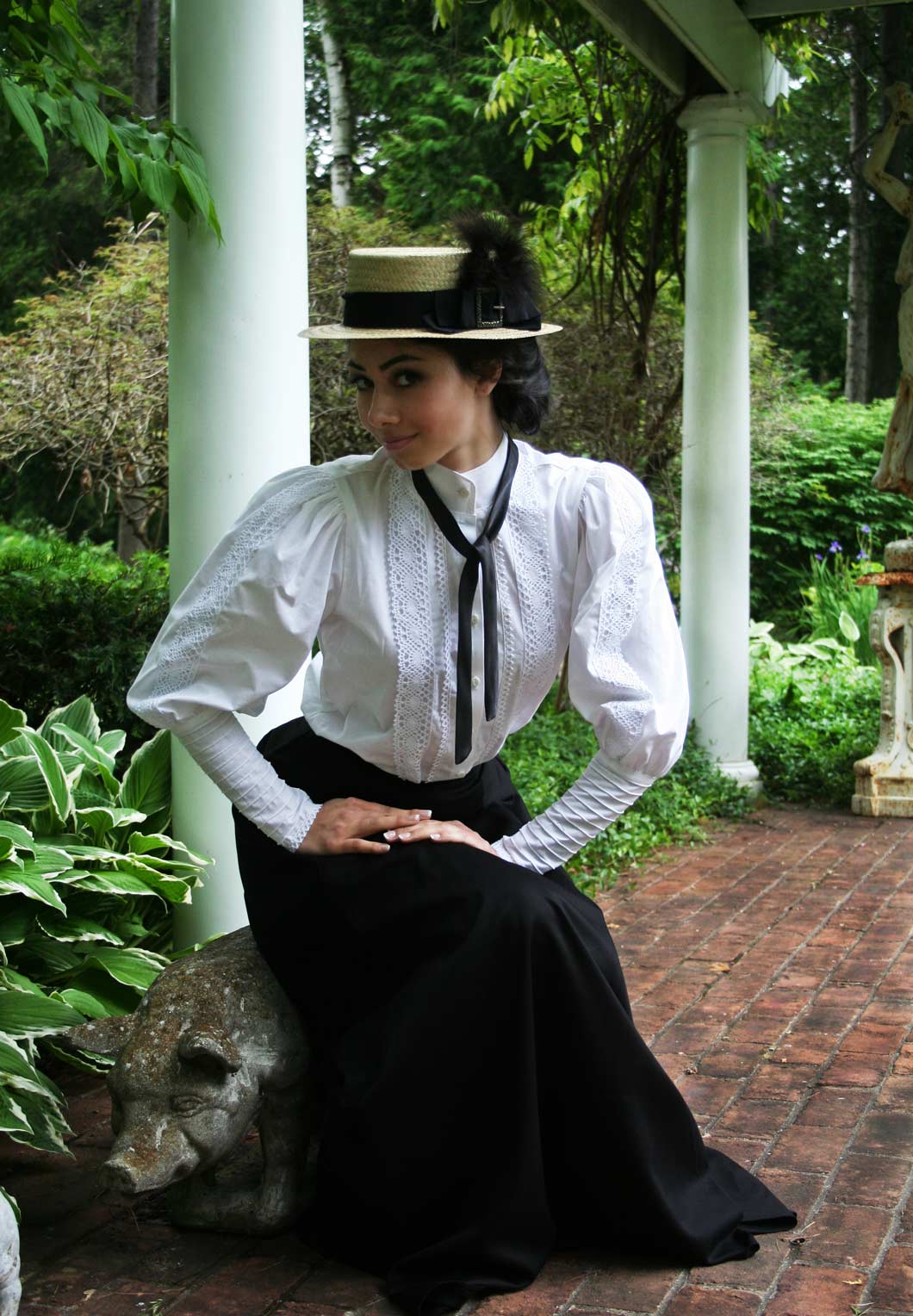
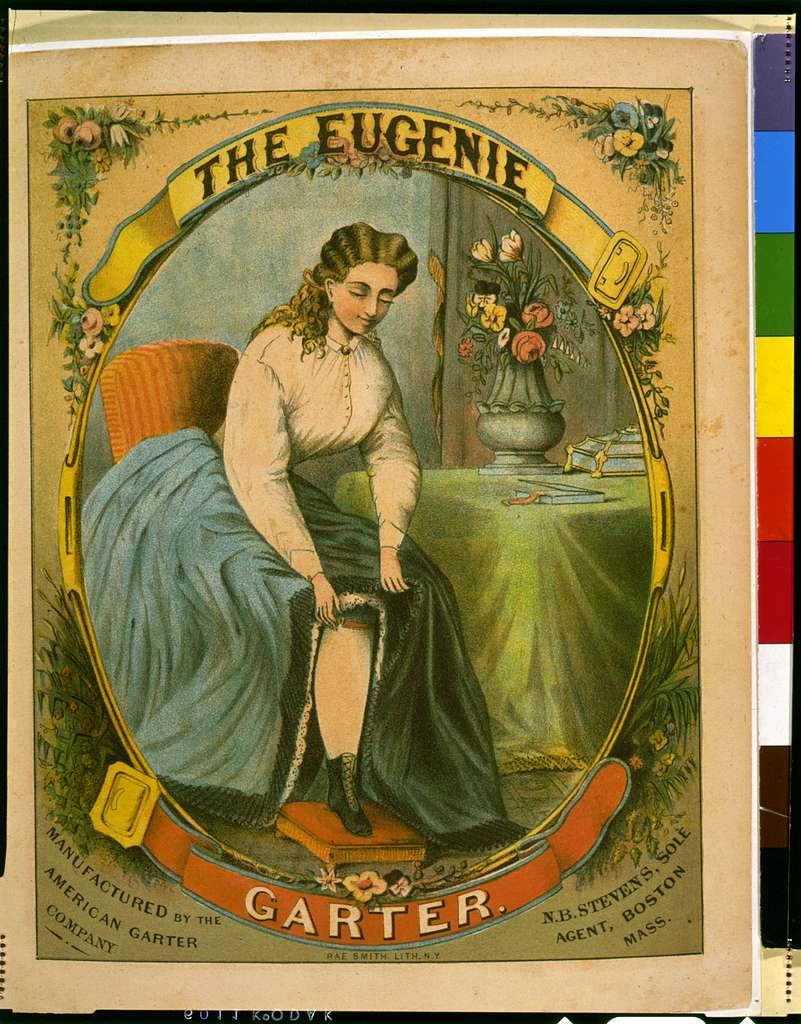
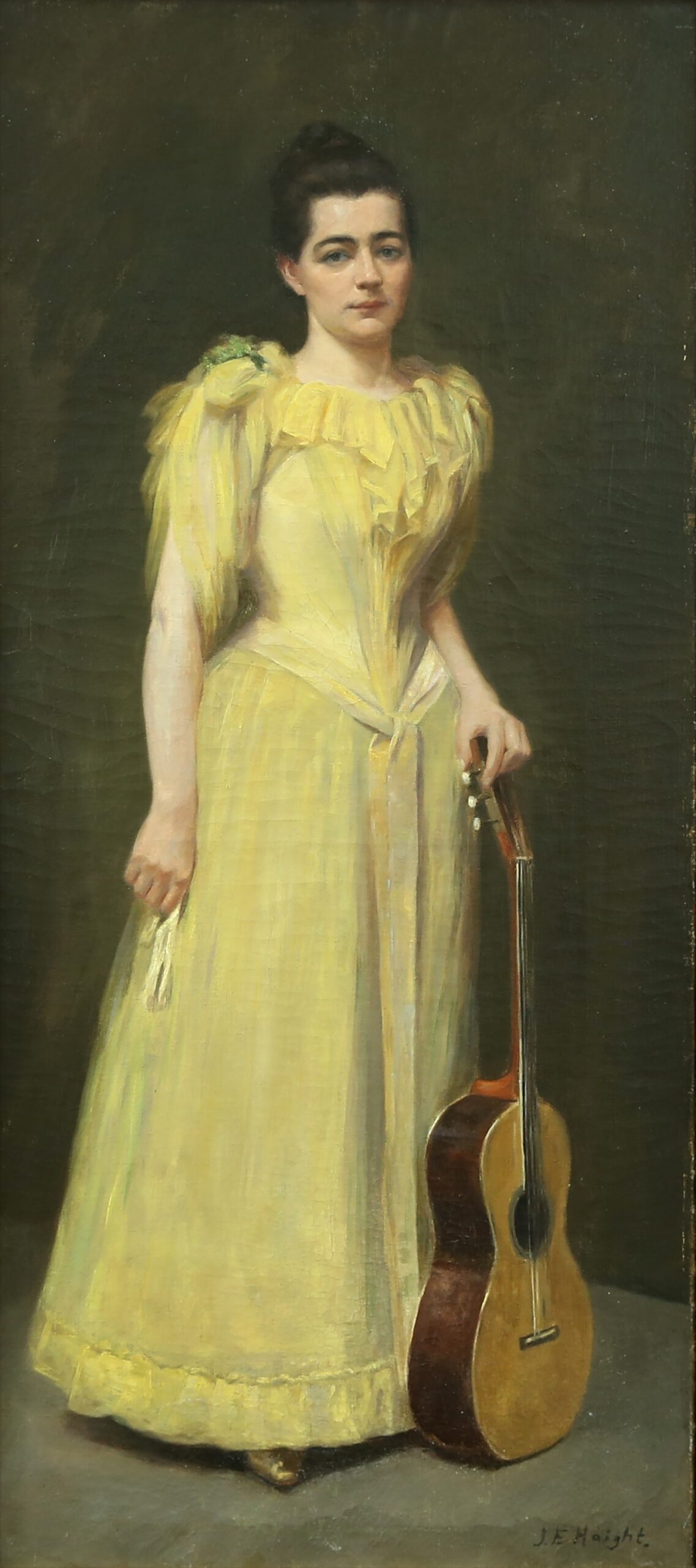
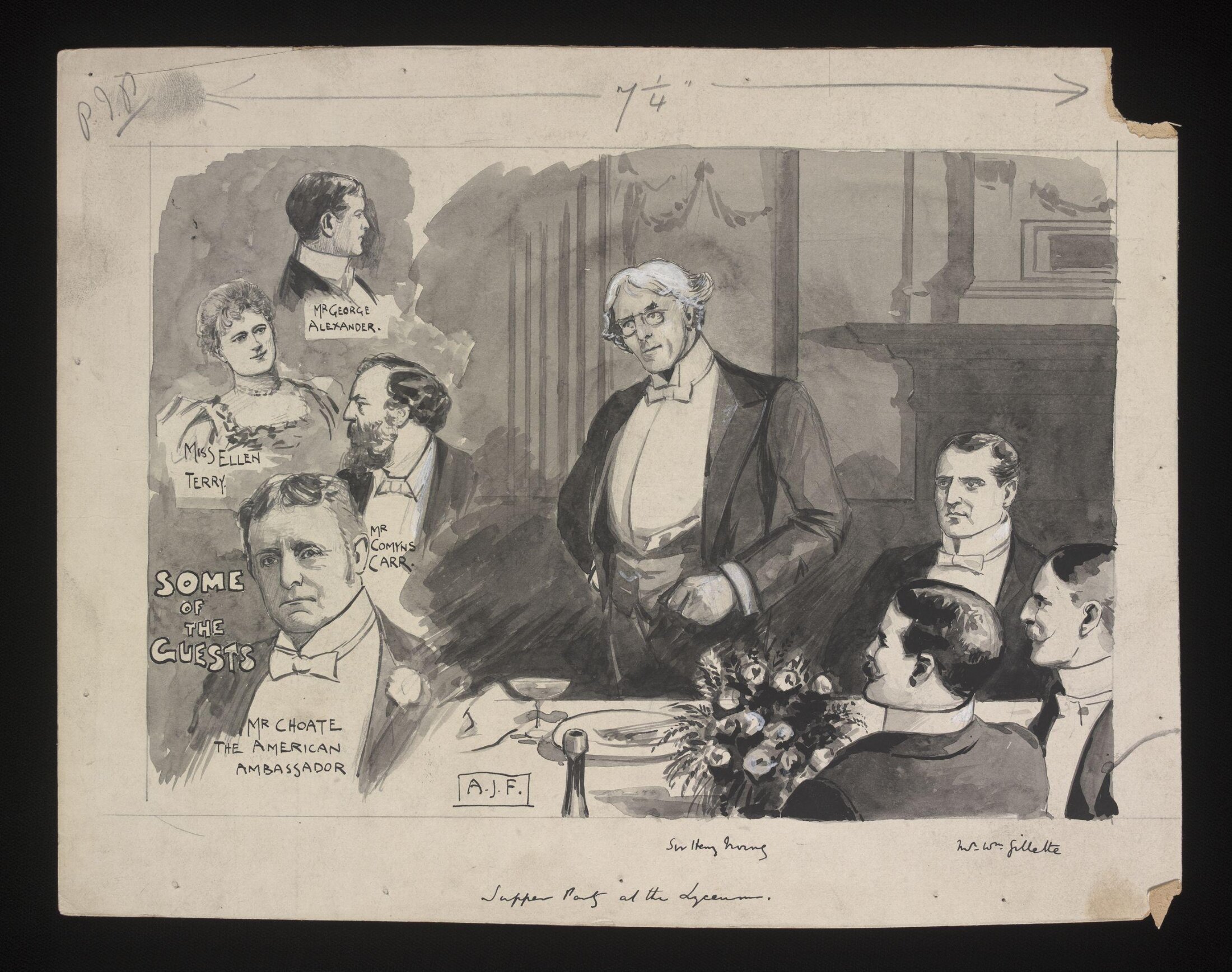
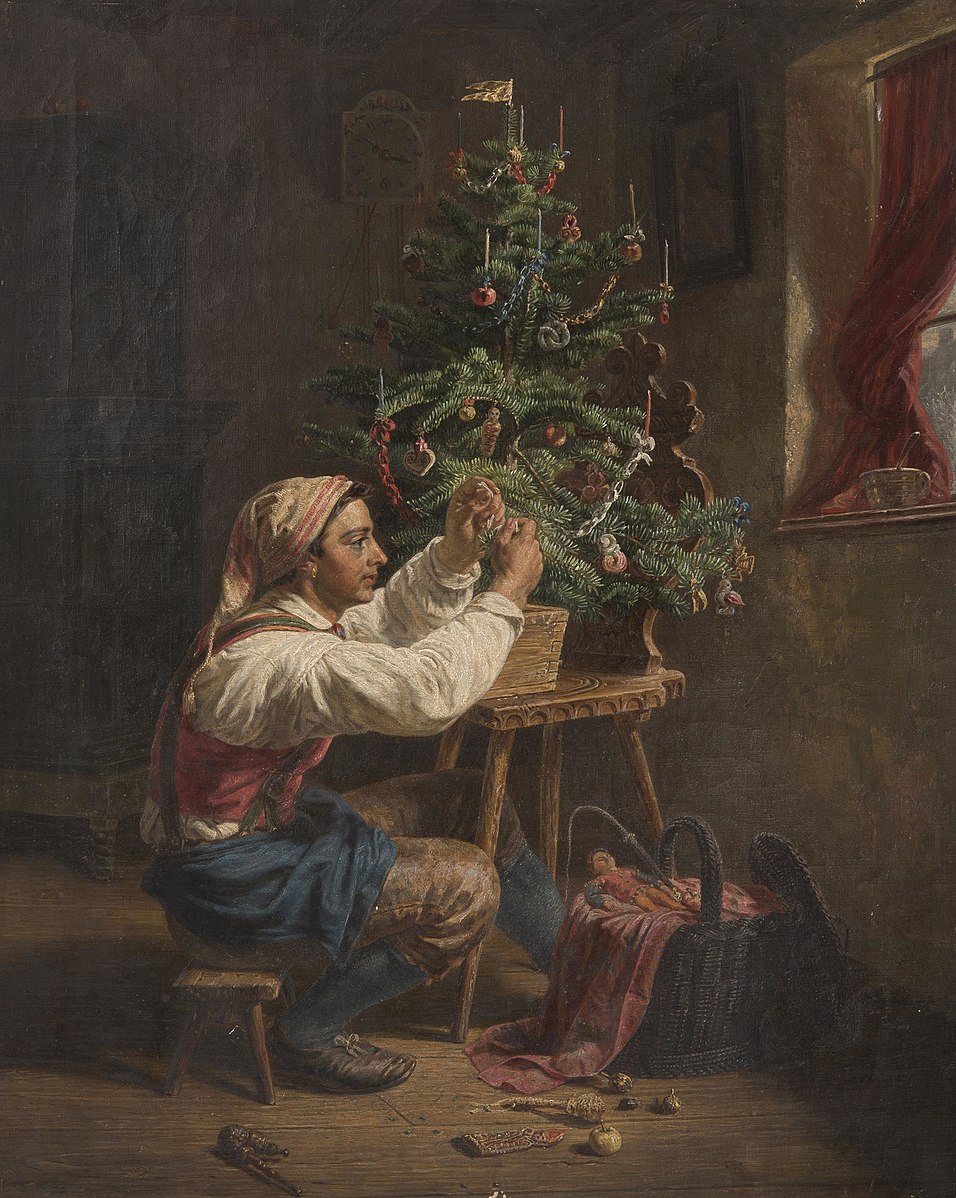
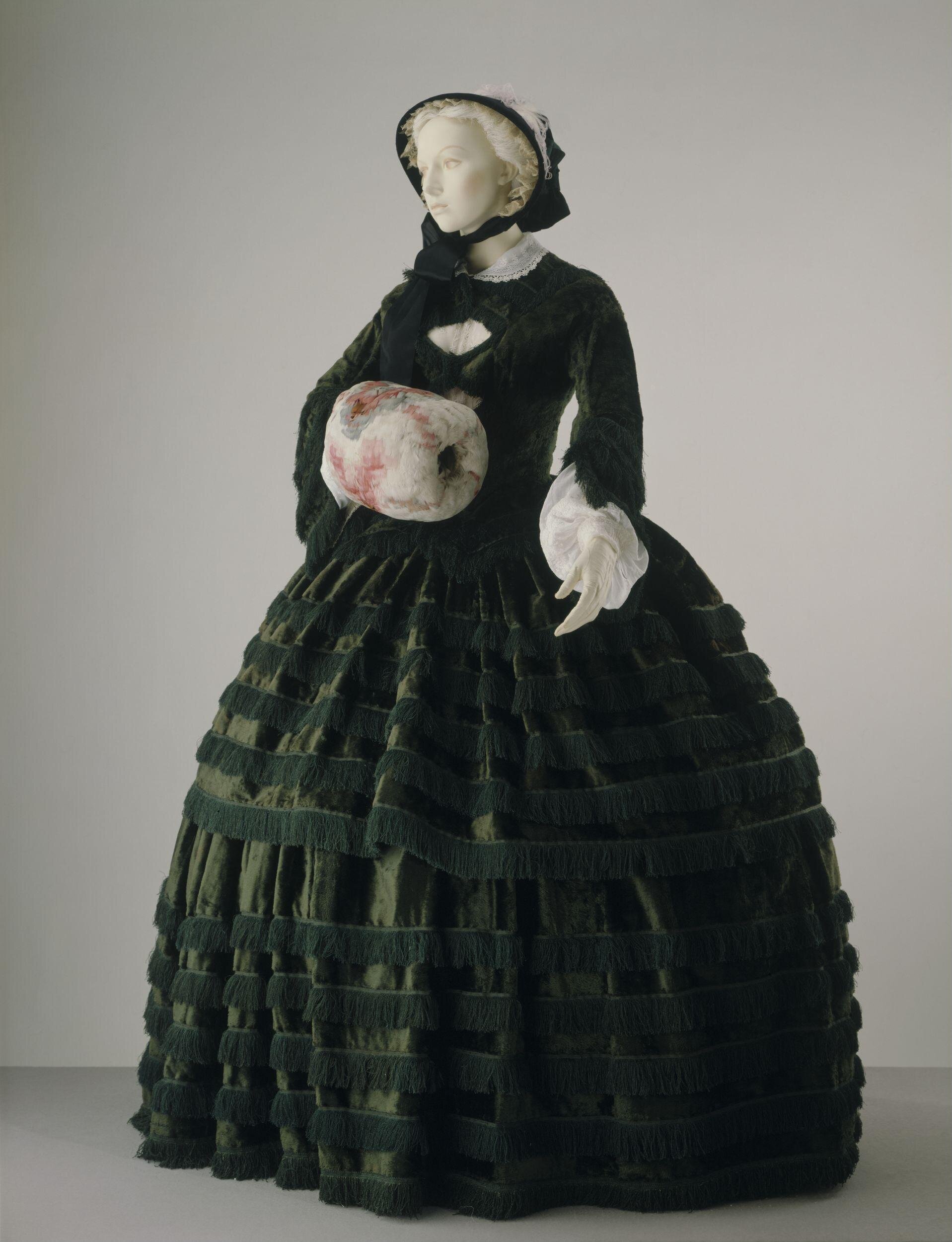
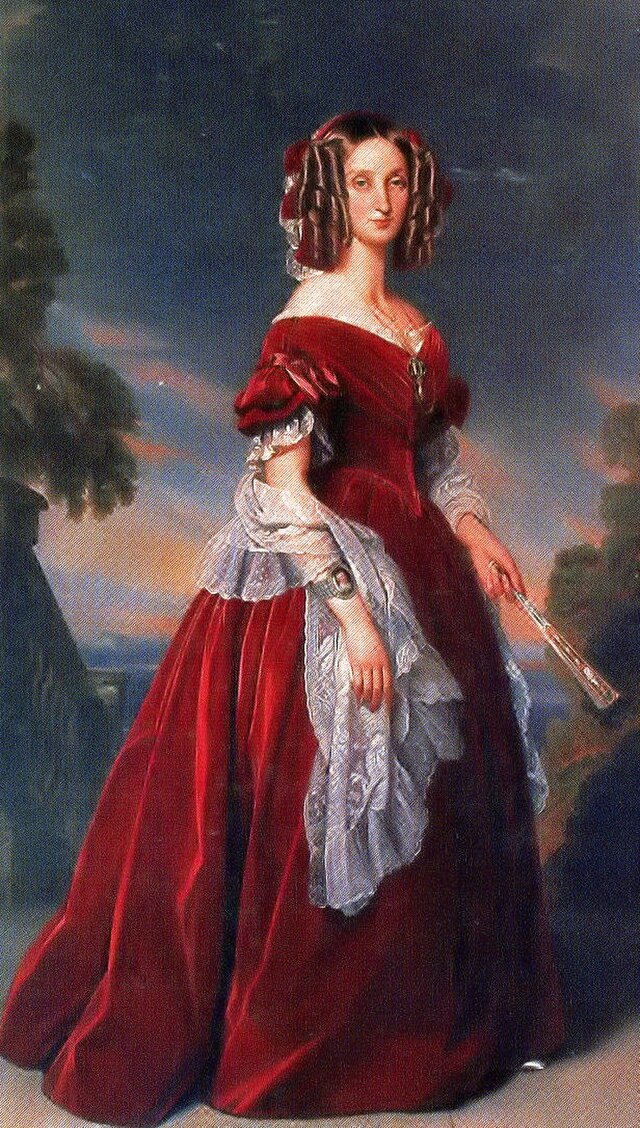

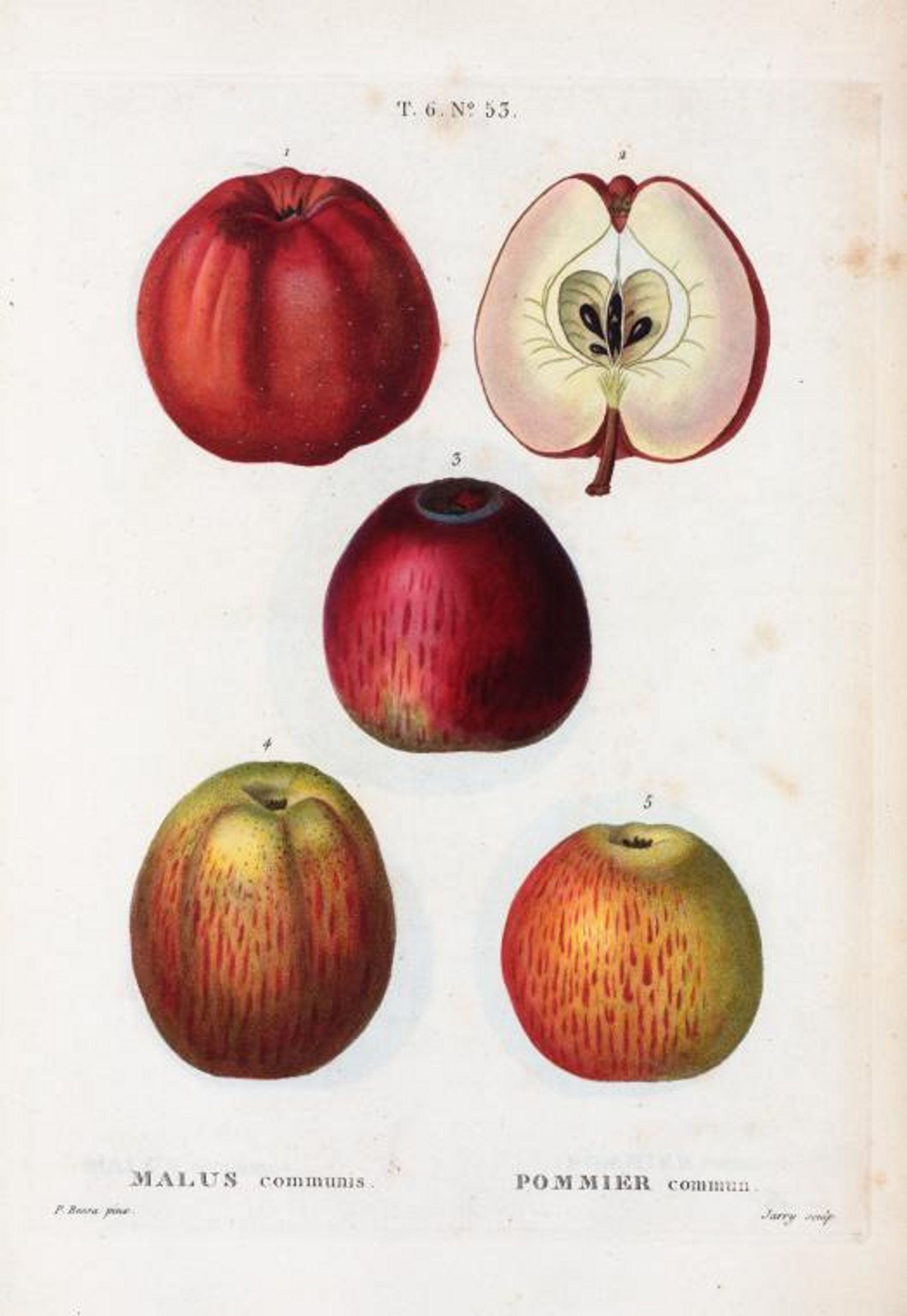
Leave A Comment